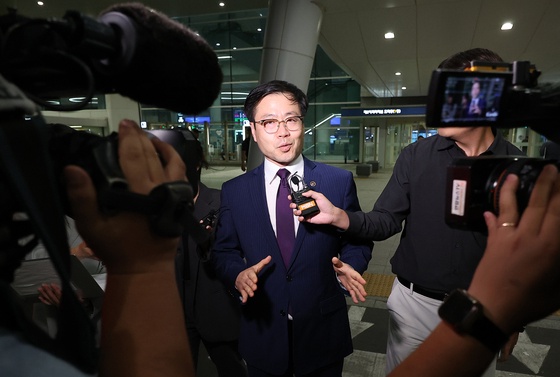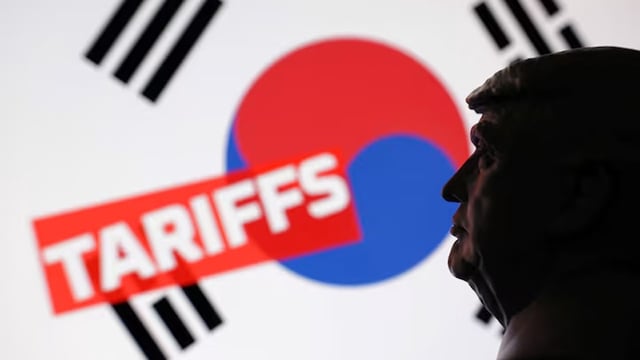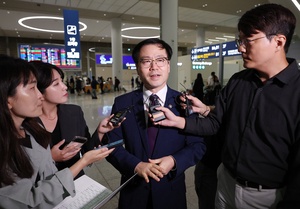Overview
- Trade Minister Yeo Han-koo returned from Washington saying he pressed U.S. officials, including USTR Jamieson Greer, that Korea’s circumstances differ from Japan’s.
- The two sides remain divided over how to structure and share profits on the $350 billion commitment, with Washington pushing for direct equity and U.S. control over project selection.
- Seoul favors state-backed loans and guarantees through institutions such as the Export-Import Bank of Korea and the Korea Trade Insurance Corp., and has floated a potential unlimited currency swap.
- Experts note the pledged amount equals more than 80% of Korea’s foreign reserves, fueling concerns that large upfront cash outlays could destabilize the won.
- Pressure has intensified since U.S. tariffs on Japanese autos fell to 15% this week while Korean cars still face 25%, and U.S. Commerce Secretary Howard Lutnick warned Seoul to accept the deal or pay the tariffs.



